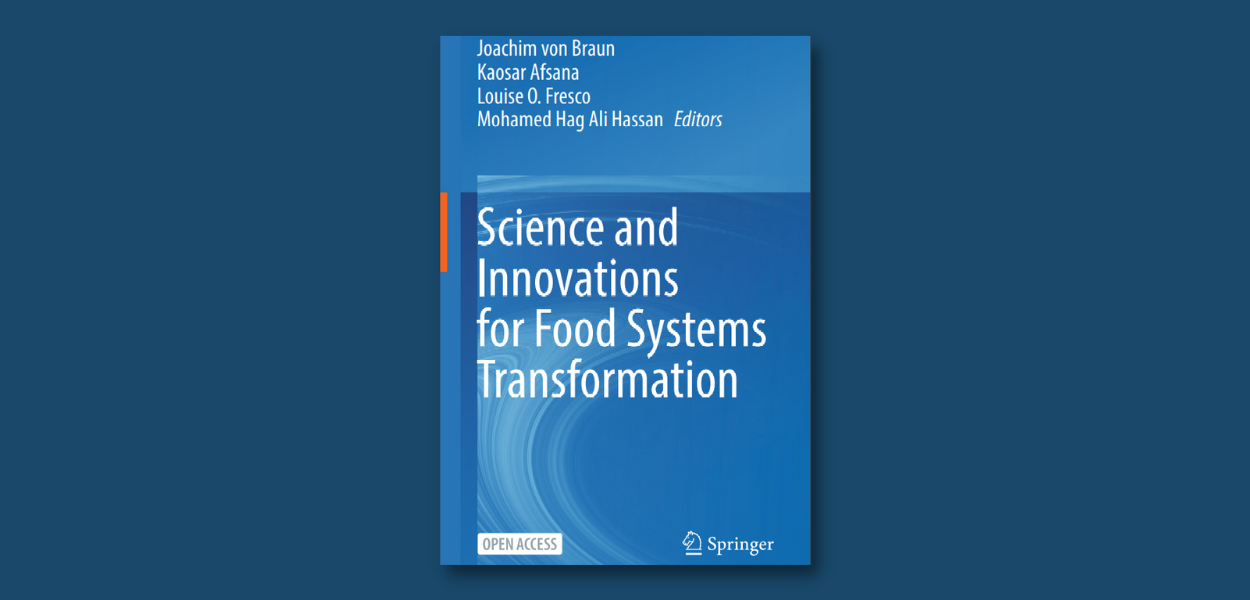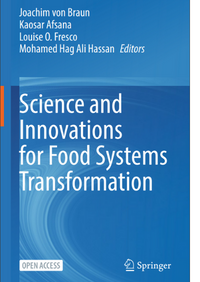SEED FUNDING JOINT PROGRAMMES
Rwanda
Resilient Food Systems: Enhanced Value Chain and Post Harvest Management





PROJECT TITLE | Resilient Food Systems: Enhanced Value Chain and Post Harvest Management |
| Context | Food systems transformation is embedded in several national policies in Rwanda, including the National Transformation Strategy, the Strategic Plan for Agriculture Transformation, the National Environment and Climate Change Policy. In 2021, Rwanda developed its National Pathway, which highlights four priority areas for the country towards 2030: ensuring food security and nutrition for all, while increasing demand for healthy diets; enhancing the environmental sustainability of food systems; improving livelihoods for farmers and all workers in food systems while building resilience to shocks; promoting inclusion of women and youth in food systems, including through enhanced financial opportunities. |
| PUNOs | FAO, WFP, IFAD |
| Contribution to SDGs | SDG 1 No Poverty; SDG 2 Zero Hunger; SDG 8 Decent Work and Economic Growth; SDG 13 Climate Action |
| Contribution to other SDG transitions | Decent Jobs and Universal Social Protection; Energy Access and Affordability |
| Duration | July 2024 – June 2025 |
| Expected financial leverage | $ 3,070,000 |
| Alignment with SG Call to Action | Policy integration; Food systems governance; Research, data, technology and innovation; Inclusive and participatory design; Private sector engagement |
| Outcomes | The JP leverages on improved post-harvest management as a strategic approach to simultaneously reduce food loss, improve incomes, and boost food availability. The JP promotes the economic integration of youth-led MSMEs and builds linkages with partners and initiatives focused on nutrition and food security to connect the dots between food production, processing and consumption. |
| Partners |
|
| Outputs |
|
New publication from the Scientific Group of UN Food Systems Summit: “Science and Innovations for Food Systems Transformation”
This Open Access book consolidates evidence and recommendations from the Scientific Group of the UN Food Systems Summit 2021 and its research partners.

Science and research are essential for innovations that accelerate the transformation towards healthier, more sustainable, equitable, and resilient food systems.
The Scientific Group of the UN Food Systems Summit 2021 recently published its new volume, “Science and Innovations for Food Systems Transformation”. This Open Access book compiles the findings of the Scientific Group and its research partners to help build a consensus on our global understanding of food systems. The chapters provide science- and research-based, state-of-the-art, solution-oriented knowledge and evidence to inform the transformation of contemporary food systems.
The publication is co-edited by Joachim von Braun, Kaosar Afsana, Louise O. Fresco and Mohamed Hag Ali Hassan, and is available in a whole volume PDF and as individual digital chapters.
About the Scientific Group of the United Nations Food Systems Summit 2021
The Scientific Group was an independent group of 28 food systems scientists – social scientists, economists and scientists working within the natural and biological sciences, ecology and food technology – from all over the world with a mandate from the Deputy Secretary-General of the United Nations. It was responsible for bringing to bear the foremost scientific evidence to the Summit and expanding the base of shared global knowledge about experiences, approaches, and tools for driving sustainable food systems.
About the publication

The volume is divided into seven sections: Food System Concepts and Summarized Recommendations; Actions on Hunger and Healthy Diets; Actions for Equity and Resilience in Food Systems; Actions for Sustainable Food Production and Resource Management; Costs, Investments, Finance and Trade Actions; Regional Perspectives; and Strategic Perspectives and Governance.
While the volume is organized by themes, a focus on the interdependence of food, health and environment systems is recognized as key to driving innovations that can help achieve multiple SDGs in an integrated manner.
The findings in this publication outline a clear direction for sustainable food systems transformations –ensuring that our solutions are systems-driven, anchored in science, and inclusive of a diversity of frameworks and regional voices.
Quick links
- Science and Innovations for Food Systems Transformation
- About the Scientific Group of the UN Food Systems Summit 2021
